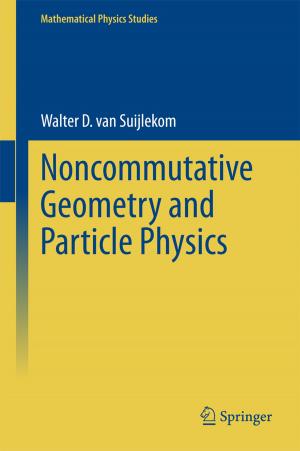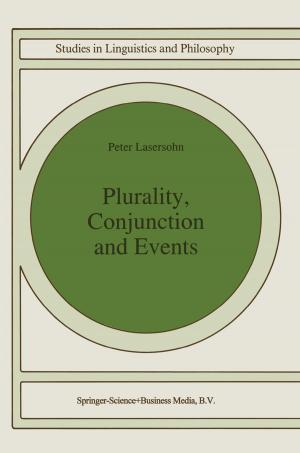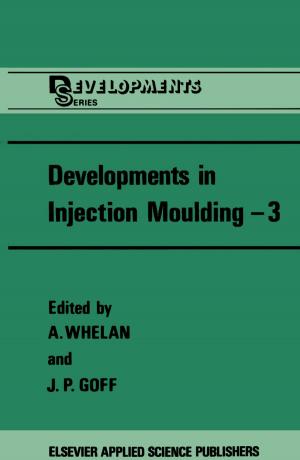Dynamic Antisymmetry and the Syntax of Noun Incorporation
Nonfiction, Reference & Language, Language Arts, Grammar, Linguistics| Author: | Michael Barrie | ISBN: | 9789400715707 |
| Publisher: | Springer Netherlands | Publication: | June 17, 2011 |
| Imprint: | Springer | Language: | English |
| Author: | Michael Barrie |
| ISBN: | 9789400715707 |
| Publisher: | Springer Netherlands |
| Publication: | June 17, 2011 |
| Imprint: | Springer |
| Language: | English |
This innovative analysis of noun incorporation and related linguistic phenomena does more than just give readers an insightful exploration of its subject. The author re-evaluates—and forges links between—two influential theories of phrase structure: Chomsky’s Bare Phrase Structure and Richard Kayne’s Antisymmetry. The text details how the two linguistic paradigms interact to cause differing patterns of noun incorporation across world languages. With a solid empirical foundation in its close reading of Northern Iroquoian languages especially, Barrie argues that noun incorporation needs no special mechanism, but results from a symmetry-breaking operation.
Drawing additional data from English, German, Persian, Tamil and the Polynesian language Niuean, this synthesis has major implications for our understanding of the formation of the verbal complex and the intra-position (roll-up) movement. It will be priority reading for students of phrase structure, as well as Iroquoian language scholars.
This innovative analysis of noun incorporation and related linguistic phenomena does more than just give readers an insightful exploration of its subject. The author re-evaluates—and forges links between—two influential theories of phrase structure: Chomsky’s Bare Phrase Structure and Richard Kayne’s Antisymmetry. The text details how the two linguistic paradigms interact to cause differing patterns of noun incorporation across world languages. With a solid empirical foundation in its close reading of Northern Iroquoian languages especially, Barrie argues that noun incorporation needs no special mechanism, but results from a symmetry-breaking operation.
Drawing additional data from English, German, Persian, Tamil and the Polynesian language Niuean, this synthesis has major implications for our understanding of the formation of the verbal complex and the intra-position (roll-up) movement. It will be priority reading for students of phrase structure, as well as Iroquoian language scholars.















